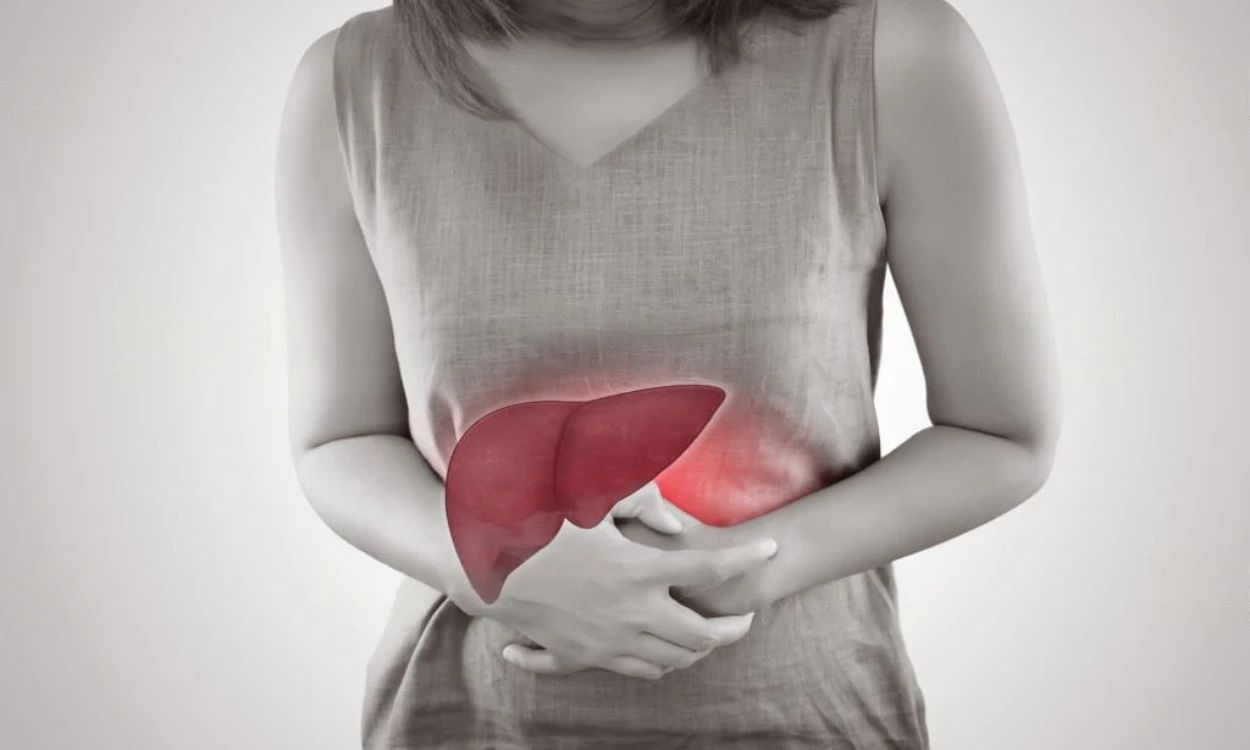Can Fatty Liver Cause Hormonal Imbalances?
Fatty liver disease, also known as hepatic steatosis, occurs when fat accumulates in the liver. This condition can indeed lead to hormonal imbalances, impacting various bodily functions. Let’s delve into the details:
Understanding Fatty Liver Disease
Fatty liver disease is a prevalent condition in India, especially due to factors such as unhealthy diet, sedentary lifestyle, and genetic predisposition. It is categorized into two types: alcoholic fatty liver disease (AFLD) and non-alcoholic fatty liver disease (NAFLD). NAFLD is further divided into non-alcoholic fatty liver (NAFL) and non-alcoholic steatohepatitis (NASH).
Hormonal Imbalances Caused by Fatty Liver
1. Insulin Resistance
Fatty liver disease can lead to insulin resistance, where the body’s cells do not respond effectively to insulin. This can result in elevated insulin levels and, subsequently, disrupt other hormonal functions.
2. Sex Hormones
The liver plays a crucial role in metabolizing sex hormones such as estrogen and testosterone. When the liver is affected by excess fat, it may lead to imbalances in these hormones, impacting reproductive health and other bodily functions.
3. Cortisol Regulation
Cortisol, the primary stress hormone, can be affected by fatty liver disease. Disruptions in cortisol levels can influence metabolism, immune function, and the body’s response to stress.
4. Thyroid Hormones
Fatty liver disease can also impact the regulation of thyroid hormones, potentially leading to hypothyroidism or other thyroid-related issues.
Managing Fatty Liver and Hormonal Imbalances
Dietary Modifications
A balanced diet rich in fruits, vegetables, whole grains, and healthy fats can help manage fatty liver disease and restore hormonal balance.
Physical Activity
Regular exercise has been shown to improve liver function and can contribute to hormonal equilibrium.
Medical Intervention
Seeking medical advice and treatment for fatty liver disease is crucial. Healthcare professionals may recommend specific medications or interventions to address hormonal imbalances.
Holistic Lifestyle Changes
Incorporating stress-reducing activities such as yoga, meditation, or mindfulness practices can positively impact hormonal regulation and liver health.
Introducing Fitpaa – Your Health and Fitness Companion
While managing fatty liver and hormonal imbalances requires a multifaceted approach, technological advancements in healthcare can offer valuable support. Fitpaa, a leading AI-driven metabolism monitoring and management technology, is dedicated to helping individuals achieve their health and fitness goals.
Fitpaa’s Approach to Hormonal Balance and Liver Health
Metabolism Assessment
Fitpaa’s advanced technology allows for precise metabolism assessment, providing insights into the root cause of health conditions, including hormonal imbalances related to fatty liver disease.
Personalized Fitpaa Capsule
By collaborating with a team of fitness coaches, nutritionists, and doctors, Fitpaa creates personalized capsules designed to optimize metabolism, manage hormonal imbalances, and support overall liver health.
Real-Time Guidance
Fitpaa’s real-time guidance technology incorporates behavioral therapy techniques to inspire and motivate individuals, aiding them in following their personalized health and fitness plans effectively.
Commitment to Results
Fitpaa’s commitment to guaranteed results aligns with the goal of achieving hormonal balance, liver health, and overall well-being.
In conclusion, while fatty liver disease can indeed cause hormonal imbalances, proactive lifestyle changes, medical guidance, and innovative technologies like Fitpaa can play pivotal roles in managing this condition and restoring hormonal equilibrium. If you are ready to embark on a transformative health and fitness journey, consider leveraging the comprehensive support offered by Fitpaa. Download the Fitpaa app today and take the first step toward a healthier, balanced life.
Remember, your well-being is our mission at Fitpaa!











